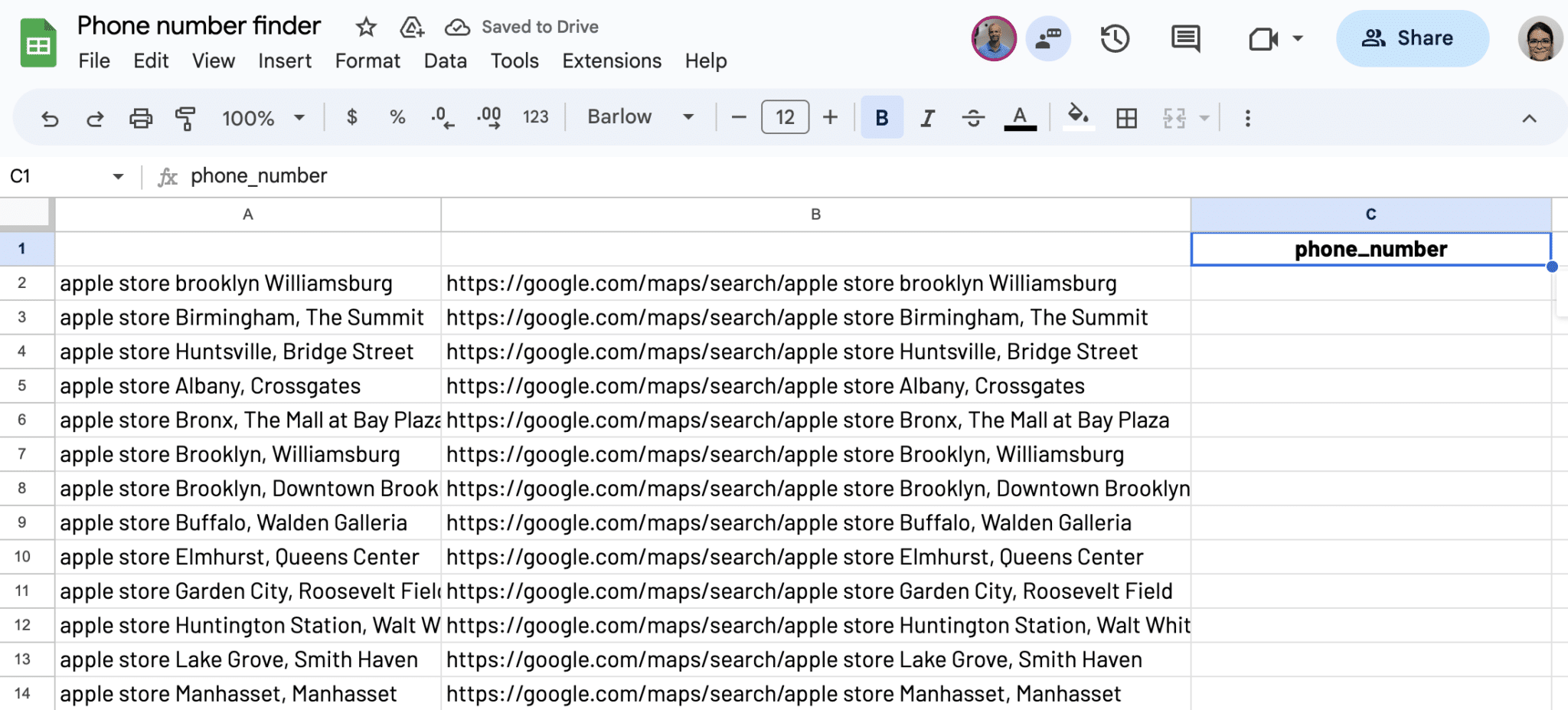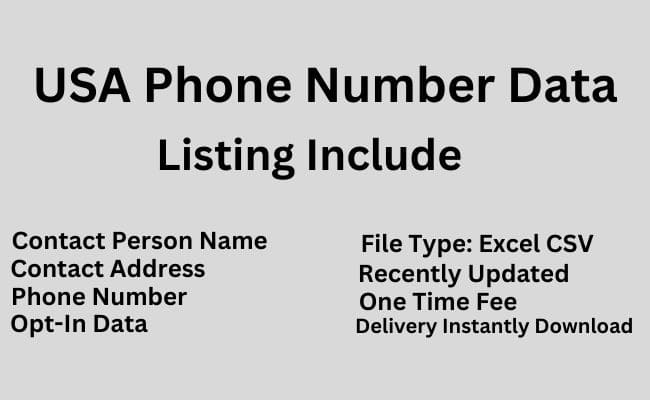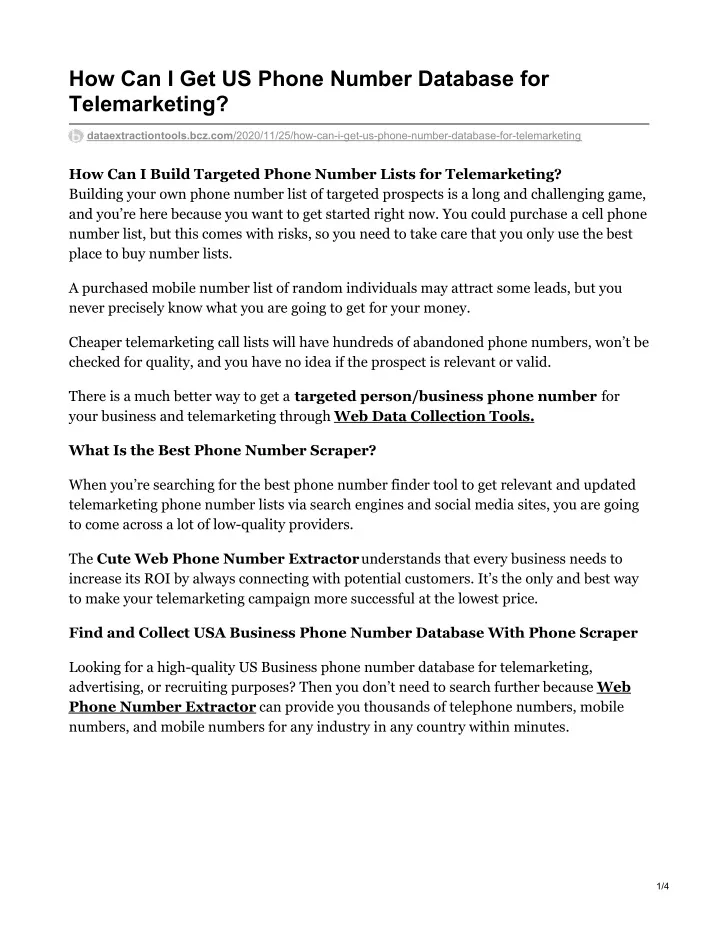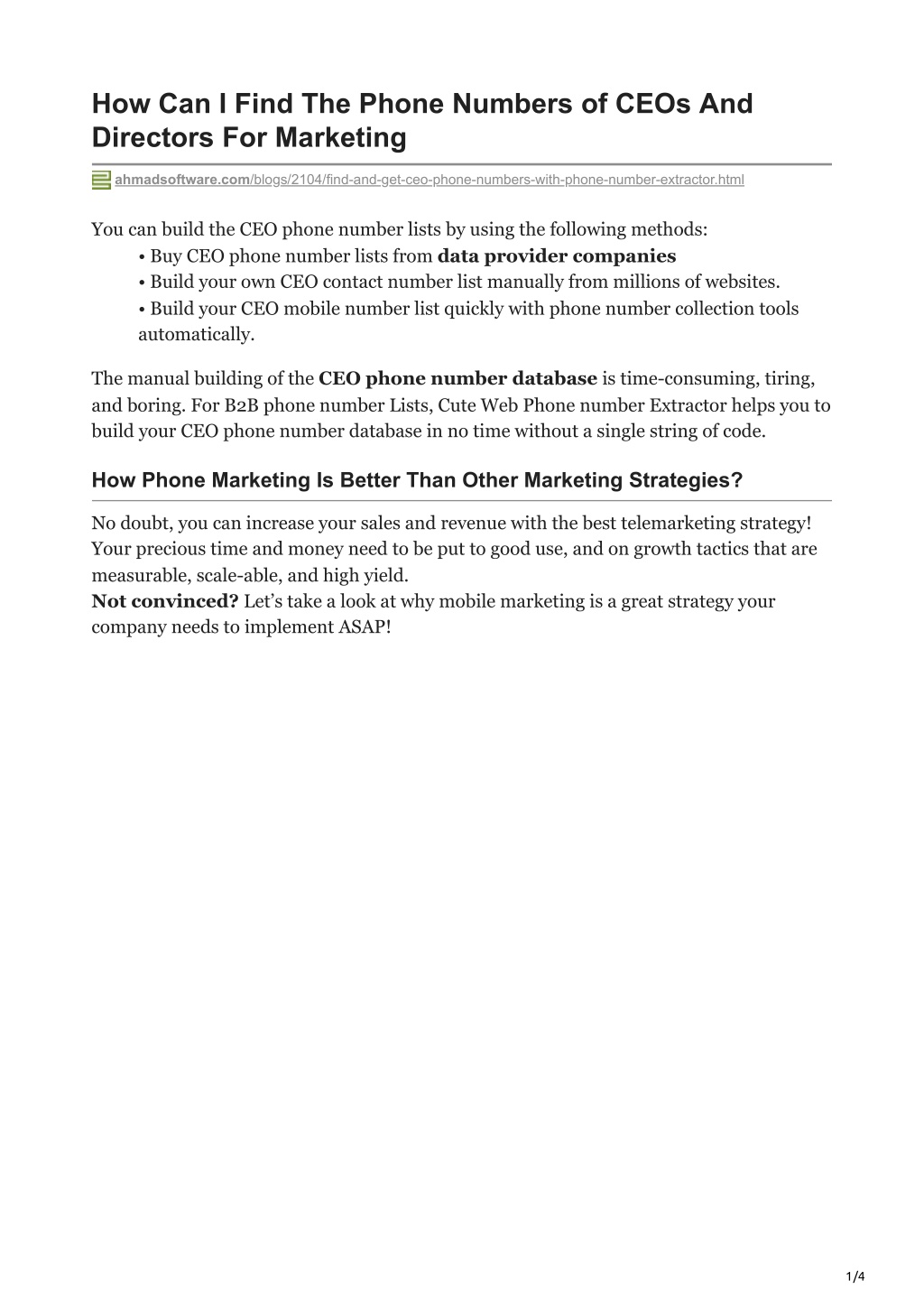Can I Index Phone Number Data

In an era defined by data abundance, the question of what information can be legally and ethically indexed is paramount. Few data points spark as much debate as phone numbers. The ability to amass and index phone numbers touches upon critical issues of privacy, security, and freedom of communication, making it a complex legal and ethical minefield.
At the heart of the matter lies a deceptively simple question: Can phone number data be indexed? The answer, however, is anything but straightforward. It hinges on a complex interplay of regulations, varying interpretations of privacy laws, and evolving technological capabilities. Understanding the nuances is crucial for businesses, individuals, and policymakers alike.
The Legal Landscape
The legality of indexing phone numbers is heavily influenced by national and international laws, most notably those concerning data privacy. The General Data Protection Regulation (GDPR) in the European Union sets a high bar, requiring explicit consent for processing personal data, which includes phone numbers, for any purpose beyond its original collection.
Under GDPR, indexing phone numbers for marketing or profiling purposes without explicit consent would be a clear violation. Similarly, the California Consumer Privacy Act (CCPA) in the United States grants consumers significant rights regarding their personal information, including the right to know what data is being collected and the right to opt-out of its sale.
However, the legal landscape isn't uniform. Some jurisdictions have less stringent regulations, particularly when dealing with publicly available information. The interpretation of what constitutes "publicly available" is itself a source of considerable legal debate.
Differing Interpretations of "Publicly Available"
One of the central ambiguities revolves around the concept of publicly available information. A phone number listed in a traditional phone directory might be considered publicly available. But the legality of scraping and indexing that same number from a website or social media platform is far less clear.
Courts have often weighed the public interest in free information flow against an individual's right to privacy. This balance shifts depending on the specific context and the sensitivity of the information being indexed. Indexing phone numbers associated with law enforcement officers, for example, might raise significant security concerns.
Furthermore, the purpose for which the data is indexed matters. Indexing for legitimate investigative journalism may be treated differently than indexing for targeted advertising campaigns. This distinction highlights the importance of intent and potential harm.
Ethical Considerations
Even if legally permissible, indexing phone number data can raise significant ethical concerns. The potential for misuse is considerable. Aggregated phone number data can be used for spamming, robocalling, phishing attacks, and even identity theft.
The sheer scale of modern data collection amplifies these risks. Large-scale indexing creates vast databases of personal information, making individuals more vulnerable to privacy breaches and security threats. Ethical guidelines call for transparency, data minimization (collecting only what is necessary), and responsible data handling practices.
The debate also extends to the potential for discriminatory practices. Indexed phone number data could be used to target specific demographic groups with predatory financial schemes or discriminatory advertising campaigns. These ethical implications demand careful consideration.
The Perspective of Data Brokers
Data brokers, companies that specialize in collecting and selling personal information, play a significant role in the phone number indexing ecosystem. Their practices are often shrouded in secrecy, raising concerns about transparency and accountability. Many argue that data brokers operate in a legal gray area, exploiting loopholes in privacy laws to profit from personal information.
While data brokers claim to provide valuable services to businesses, such as fraud prevention and customer verification, their activities have been criticized for enabling intrusive marketing practices and exposing individuals to privacy risks. The lack of regulation and oversight in this industry fuels the debate over the ethical boundaries of data collection and indexing.
Transparency is key in this debate. Data brokers should be required to disclose their data sources, collection methods, and data usage practices. This would allow individuals to make informed decisions about their privacy and exercise their rights under existing privacy laws.
Technological Capabilities and Challenges
Advancements in technology have made it easier than ever to collect and index phone number data. Web scraping tools, social media APIs, and sophisticated data analytics platforms enable the rapid aggregation and analysis of vast amounts of information. This technological capability presents both opportunities and challenges.
On one hand, it can facilitate legitimate uses, such as verifying customer identities and preventing fraud. On the other hand, it creates a fertile ground for abuse and privacy violations. The challenge lies in striking a balance between innovation and responsible data handling.
The use of artificial intelligence (AI) in data analysis further complicates the issue. AI algorithms can identify patterns and correlations that humans might miss, raising concerns about automated profiling and discriminatory practices. The need for algorithmic transparency and accountability is paramount.
Moving Forward: A Call for Greater Regulation and Awareness
The question of indexing phone number data demands a comprehensive and multi-faceted approach. Stronger data privacy laws, increased transparency, and greater public awareness are essential to protect individual rights and prevent misuse. Policymakers must address the legal ambiguities surrounding publicly available information and ensure that data brokers are held accountable for their practices.
Furthermore, individuals need to be empowered to control their personal data. This includes providing accessible mechanisms for opting out of data collection and accessing information about how their data is being used. Education and awareness campaigns can help individuals understand their rights and take proactive steps to protect their privacy.
Ultimately, the debate over phone number indexing reflects a larger tension between the benefits of data-driven innovation and the fundamental right to privacy. Finding a sustainable balance requires a commitment to ethical data practices, robust regulatory frameworks, and a society-wide understanding of the value of personal information in the digital age.


















